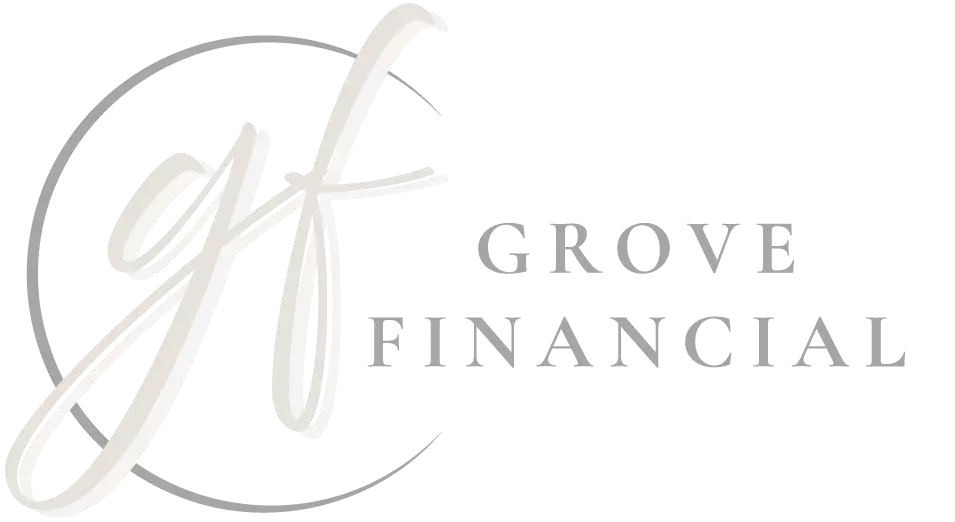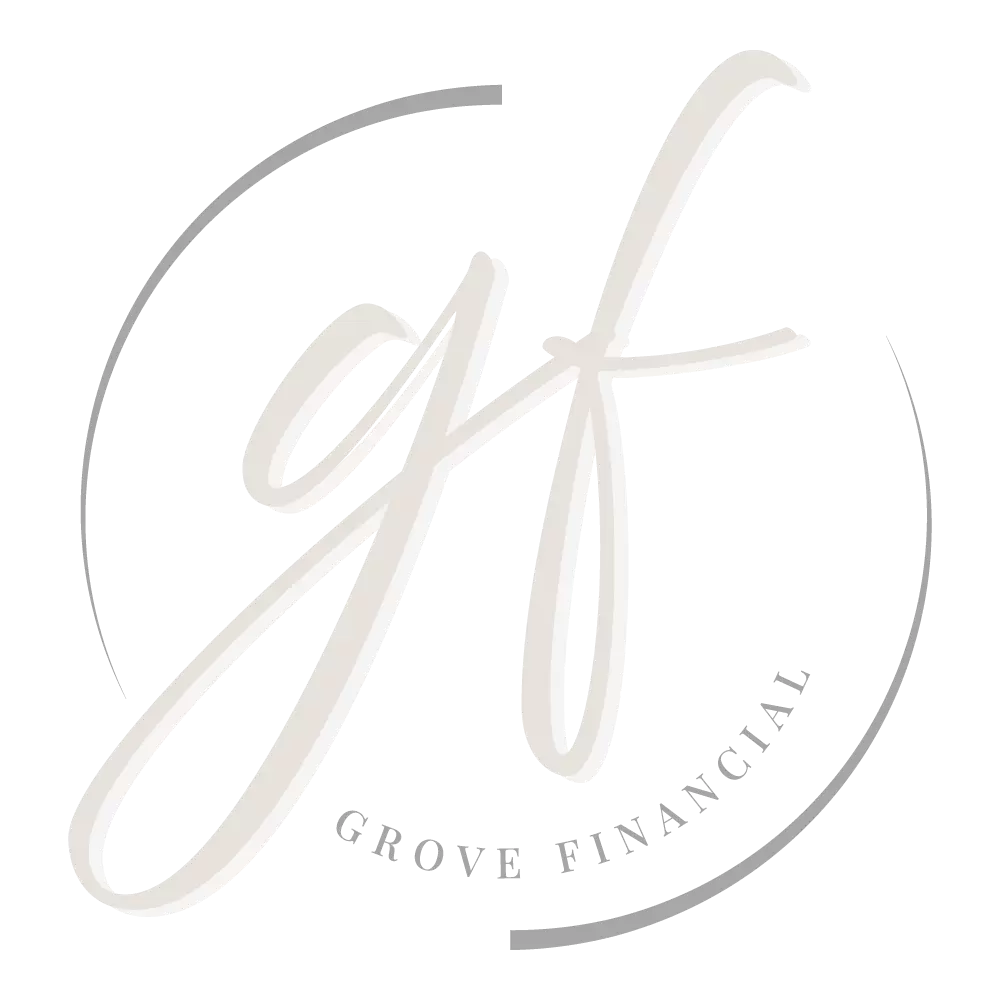When applying for a business loan, proper documentation forms the foundation of a successful application. Whether you're looking to purchase equipment, buy a business, or secure working capital, understanding what documents lenders require can streamline your application process and improve your chances of approval.
Understanding Business Loan Documentation Requirements
Australian banks and lenders assess business loan applications based on comprehensive documentation that demonstrates your business's financial health, repayment capacity, and the purpose of borrowing. The specific documents required can vary depending on the loan amount, loan structure, and whether you're seeking a secured business loan or unsecured business loan.
Core Financial Documents
Every business loan application requires fundamental financial documentation:
• Tax Returns: Typically two years of business and personal tax returns
• Financial Statements: Profit and loss statements, balance sheets, and cash flow statements
• Bank Statements: Usually six to twelve months of business bank statements
• BAS Statements: Business Activity Statements for the past two years
• Management Accounts: Recent internal financial reports showing current trading performance
Business Structure Documentation
Lenders need to verify your business structure and ownership:
• ABN Registration: Australian Business Number confirmation
• Company Registration: ASIC company search or partnership agreements
• Trust Deeds: If operating through a trust structure
• Franchise Agreements: For franchised businesses
• Professional Licences: Industry-specific certifications where applicable
Purpose-Specific Documentation
Depending on why you're applying for a business loan, additional documents may be required:
When looking to purchase a property:
• Property valuation reports
• Sales contracts or heads of agreement
• Development approvals (if applicable)
For buying a business:
• Business sale contracts
• Vendor financial statements
• Stock valuations
• Lease assignments
To purchase equipment:
• Equipment quotes and specifications
• Supplier invoices
• Insurance valuations
Collateral Documentation for Secured Loans
Secured business loans require additional documentation related to the collateral being offered:
• Property Securities: Title deeds, property valuations, rates notices
• Equipment Securities: Purchase invoices, serial numbers, insurance policies
• Cash Securities: Term deposit confirmations, investment statements
Personal Financial Information
Lenders typically require personal financial information from business owners and guarantors:
• Personal tax returns (usually two years)
• Personal bank statements
• Credit bureau consent forms
• Statement of assets and liabilities
• Identification documents (driver's licence, passport)
Loan Structure Considerations
Different loan structures may require specific documentation:
For progressive drawdown facilities:
• Detailed project timelines
• Milestone completion certificates
• Construction contracts and permits
For revolving line of credit arrangements:
• Cash flow forecasts
• Working capital requirements analysis
• Seasonal trading patterns documentation
Interest Rate Documentation
Whether seeking a variable interest rate or fixed interest rate option, you may need to provide:
• Interest rate risk management policies
• Hedging requirements analysis
• Cash flow sensitivity analysis
Preparing for Flexible Loan Terms
When seeking flexible repayment options or redraw facilities, additional documentation might include:
• Detailed cash flow projections
• Seasonal trading analysis
• Working capital cycle documentation
Documentation Tips for NSW Businesses
For businesses operating in NSW, ensure all documentation complies with state-specific requirements:
• Workers' compensation certificates
• NSW business licences where applicable
• Local council permits and approvals
• State-specific tax obligations
Professional Preparation Support
Gathering comprehensive documentation can be time-consuming, but thorough preparation significantly improves your application outcomes. Professional mortgage brokers can guide you through the specific requirements of different lenders, helping you access business loan options from banks and lenders across Australia.
When working with finance professionals, they can assist in:
• Identifying the most suitable lenders for your situation
• Preparing documentation packages that meet specific lender requirements
• Structuring your application to highlight strengths
• Managing the application process from submission to settlement
Moving Forward with Confidence
Proper documentation preparation is essential whether you need funds to cover unexpected expenses, expand operations, or invest in growth opportunities. Taking time to gather comprehensive, accurate documentation before starting your application process positions your business for successful loan approval.
At Grove Financial, our experienced team understands the documentation requirements across various lenders and loan products. We work with NSW businesses to ensure their applications are complete, accurate, and presented in the most favourable light possible.
Call one of our team or book an appointment at a time that works for you to discuss your business loan documentation needs and explore suitable financing options.




